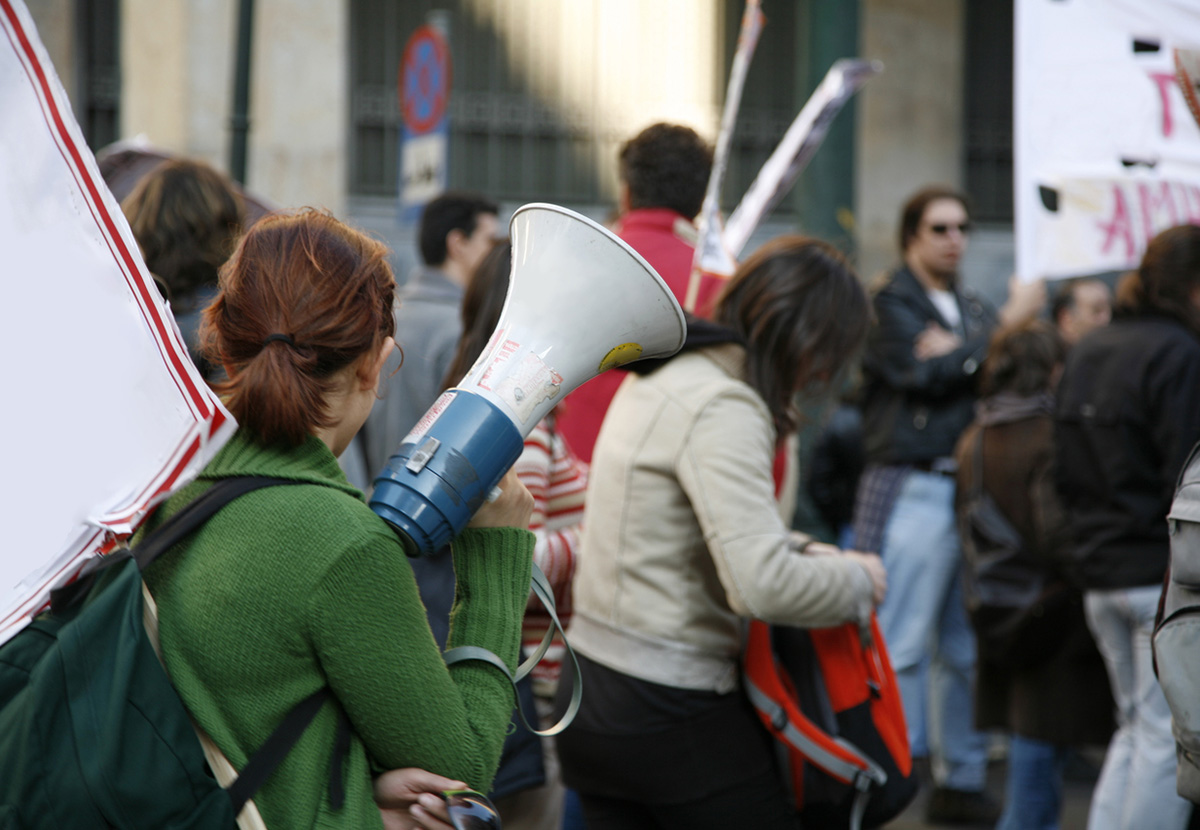In April, Commentary asked a wide variety of writers, thinkers, and broadcasters to respond to this question: Is free speech under threat in the United States? We received twenty-seven responses. We publish them here in alphabetical order.
The answer to the symposium question depends on how powerful the transmission belt is between academia and the rest of the country. On college campuses, violence and brute force are silencing speakers who challenge left-wing campus orthodoxies. These totalitarian outbreaks have been met with listless denunciations by college presidents, followed by . . . virtually nothing. As of mid-May, the only discipline imposed for 2017’s mass attacks on free speech at UC Berkeley, Middlebury, and Claremont McKenna College was a letter of reprimand inserted—sometimes only temporarily—into the files of several dozen Middlebury students, accompanied by a brief period of probation. Previous outbreaks of narcissistic incivility, such as the screaming-girl fit at Yale and the assaults on attendees of Yale’s Buckley program, were discreetly ignored by college administrators.
Meanwhile, the professoriate unapologetically defends censorship and violence. After the February 1 riot in Berkeley to prevent Milo Yiannapoulos from speaking, Déborah Blocker, associate professor of French at UC Berkeley, praised the rioters. They were “very well-organized and very efficient,” Blocker reported admiringly to her fellow professors. “They attacked property but they attacked it very sparingly, destroying just enough University property to obtain the cancellation order for the MY event and making sure no one in the crowd got hurt” (emphasis in original). (In fact, perceived Milo and Donald Trump supporters were sucker-punched and maced; businesses downtown were torched and vandalized.) New York University’s vice provost for faculty, arts, humanities, and diversity, Ulrich Baer, displayed Orwellian logic by claiming in a New York Times op-ed that shutting down speech “should be understood as an attempt to ensure the conditions of free speech for a greater group of people.”
Will non-academic institutions take up this zeal for outright censorship? Other ideological products of the left-wing academy have been fully absorbed and operationalized. Racial victimology, which drives much of the campus censorship, is now standard in government and business. Corporate diversity trainers counsel that bias is responsible for any lack of proportional racial representation in the corporate ranks. Racial disparities in school discipline and incarceration are universally attributed to racism rather than to behavior. Public figures have lost jobs for violating politically correct taboos.
Yet Americans possess an instinctive commitment to the First Amendment. Federal judges, hardly an extension of the Federalist Society, have overwhelmingly struck down campus speech codes. It is hard to imagine that they would be any more tolerant of the hate-speech legislation so prevalent in Europe. So the question becomes: At what point does the pressure to conform to the elite worldview curtail freedom of thought and expression, even without explicit bans on speech?
Social stigma against conservative viewpoints is not the same as actual censorship. But the line can blur. The Obama administration used regulatory power to impose a behavioral conformity on public and private entities. School administrators may have technically still possessed the right to dissent from novel theories of gender, but they had to behave as if they were fully on board with the transgender revolution when it came to allowing boys to use girls’ bathrooms and locker rooms.
Had Hillary Clinton had been elected president, the federal bureaucracy would have mimicked campus diversocrats with even greater zeal. That threat, at least, has been avoided. Heresies against left-wing dogma may still enter the public arena, if only by the back door. The mainstream media have lurched even further left in the Trump era, but the conservative media, however mocked and marginalized, are expanding (though Twitter and Facebook’s censorship of conservative speakers could be a harbinger of more official silencing).
Outside the academy, free speech is still legally protected, but its exercise requires ever greater determination.
This piece originally appeared at Commentary Magazine
______________________
Heather Mac Donald is the Thomas W. Smith fellow at the Manhattan Institute, contributing editor at City Journal, and the author of The War on Cops.
This piece originally appeared in Commentary
